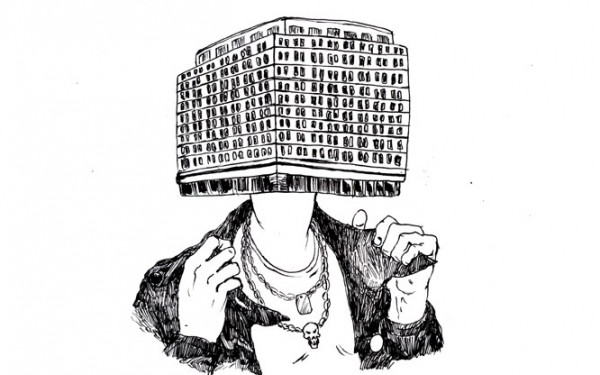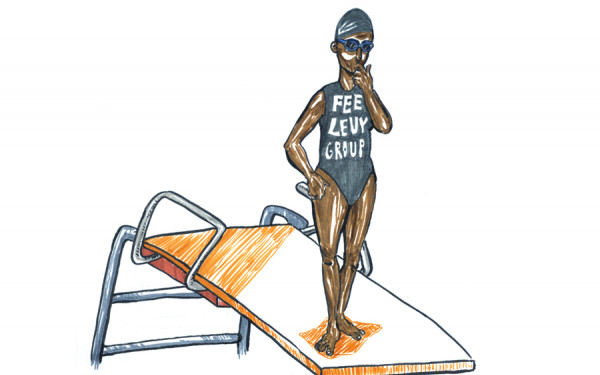Editorial: Decriminalization in Canada
Why the Decriminalization of Drugs Could Be the Solution Canada Needs
Canada made history this October, becoming the largest country to legalize cannabis.
This decision marks a new chapter in Canadian history and reflects the changing attitudes of the 21st century.
Decriminalizing illicit drugs is not a revolutionary idea: Portugal, always cited as an example of the practice’s potential for success, decriminalized all drugs in 2001. The result? A decrease in the rates of drug use, overdoses, HIV infection, and drug-related crimes. Actually, the number of people seeking treatment for drugs increased.
It’s actually a very logical outcome. When we destigmatize drug use, treating it as the social and health issue it is and not as a moral failing, we can treat the roots of addiction like poverty and mental illness. Jail time hardens and traumatizes inmates, so sending people with addictions to treatment instead of prison can reduce recidivism and crime.
With the decriminalization of drugs, we can bring conversations about mental issues and addiction to the forefront. The education surrounding drugs in public schools is limited. It often provides a fear-mongering approach. Rather than allowing students to fully understand how each drug works individually and the differences in how each impacts your mind and body, in our experience, we found that radically different drugs tend to get grouped together. With decriminalization, we can accept that drugs are in our society, and not shame or name users as outcasts, which doesn’t help the problem. With better education we can understand that addiction is part of mental illness, and just as discussions of mental illness are providing more understanding and accepting to those who experience mental illness, we must also do so with addiction.
Following the rise in opioid-related deaths in Canada, one of the ways to reduce overdoses was by introducing safe injection sites. At these sites users can test their product for fentanyl contamination and inject drugs, and healthcare practitioners on site can provide aid if an overdose happens. However, these sites faced some backlash and were difficult to implement, as under Canadian law the injection of black market drugs is illegal. This was once not the case, as the first legal safe injection site in North America was opened in the Downtown Eastside of Vancouver in 2003. This was permitted by the former Liberal government at the time, by exempting that facility from certain provisions relating to trafficking within the Controlled Drugs and Substances Act. But once the Conservative government came into power, harm reduction was eliminated from Canada’s anti-drug policy, creating barriers for the Vancouver injection site and threatening the site’s immunity from the act.
Despite Health Canada approving safe injection sites that have become established places in their respective communities there is still backlash towards these sites. Some believe it draws more drug users to the area while others say it causes more drug use, without considering the overdoses and deaths it prevents. Decriminalization of drugs and promotion of drug education can prevent these thoughts, by helping us understand how addiction can control and alter one’s mind, reducing the thought that those who use are less than those who don’t. Criminalizing some drugs and not others creates a false dichotomy wherein some people are considered addicts and others are just seen as taking their prescriptions.
Speed or crystal meth from the street and some kinds of stimulants used to treat people with ADHD are chemical cousins, yet people who use the former are considered lesser than, and are treated poorly thanks to the stigma that comes with being characterized as an addict.
Decriminalizing drugs does not mean encouraging people to use them, but rather to lessen the negative social or criminal effects on those that do.
Two Canadian cities have officially recommended the federal government consider decriminalizing drugs. Vancouver was first, Toronto being the second.
Decriminalization and legalization are not the same thing. What these cities and we at The Link are recommending, is not that the federal government regulate illegal drugs like they are doing with marijuana but rather, revoke the criminal consequences for their possession.
The New Democratic Party became the first major Canadian party to come out in support of decriminalizing all drugs. NDP leader Jagmeet Singh said drug addiction is a social problem, not a criminal one, and said drug policies should reflect this. He noted that many people who are arrested for drug possession are on the fringe, and are often low income, mentally ill, or addicts, making it a healthcare issue.
Portugal shows us what happens when drugs are decriminalized. It could be a valid and radical solution to the opioid crisis Canada is currently facing, and allow us to take better care of those who are most vulnerable.



_600_375_90_s_c1.jpg)
ed1WEB_600_375_90_s_c1.jpg)

